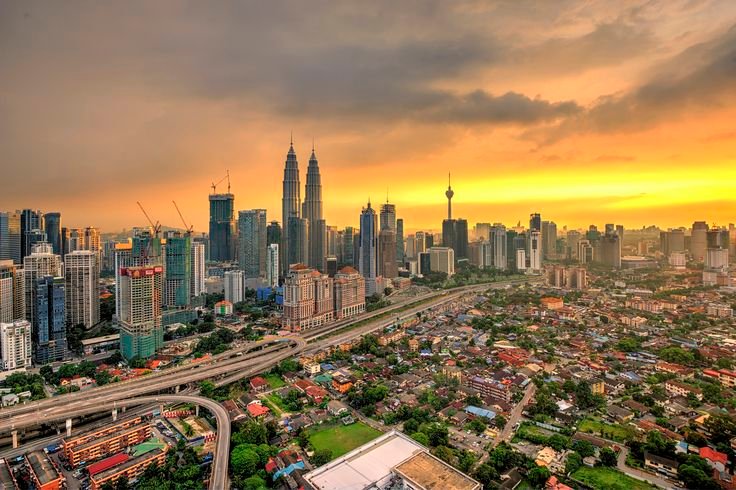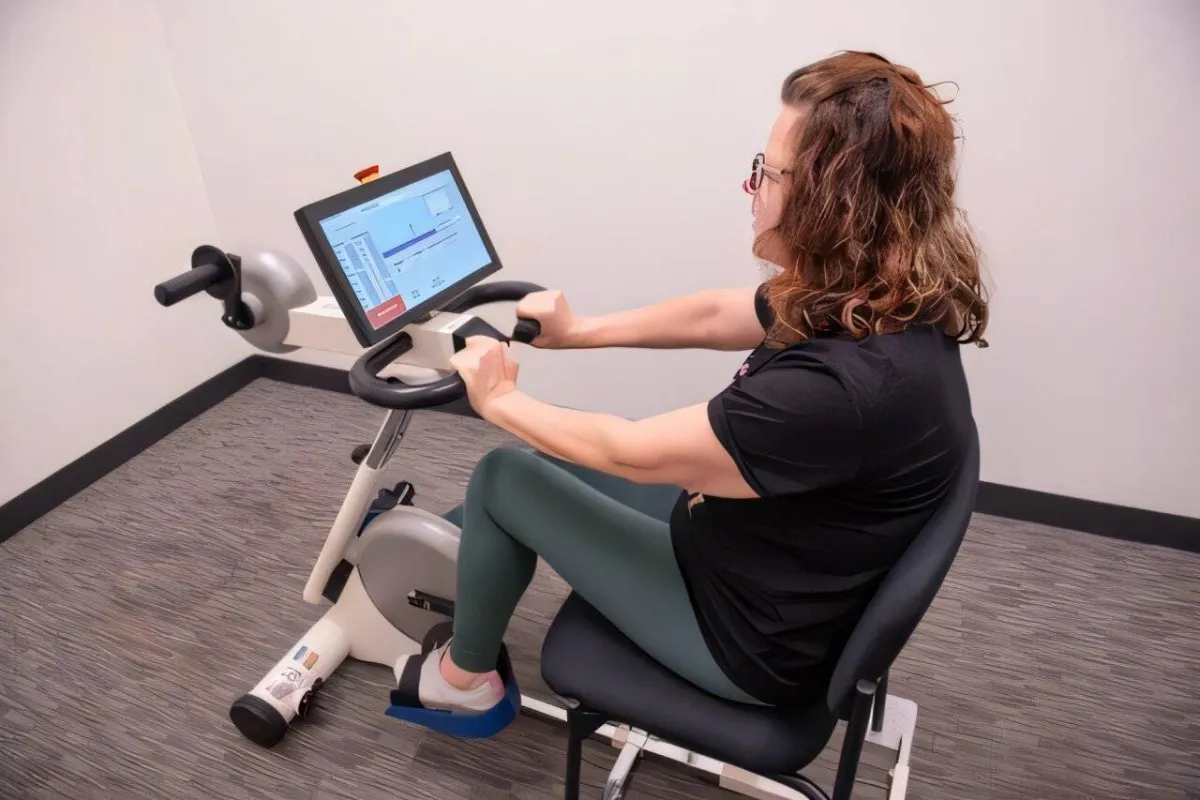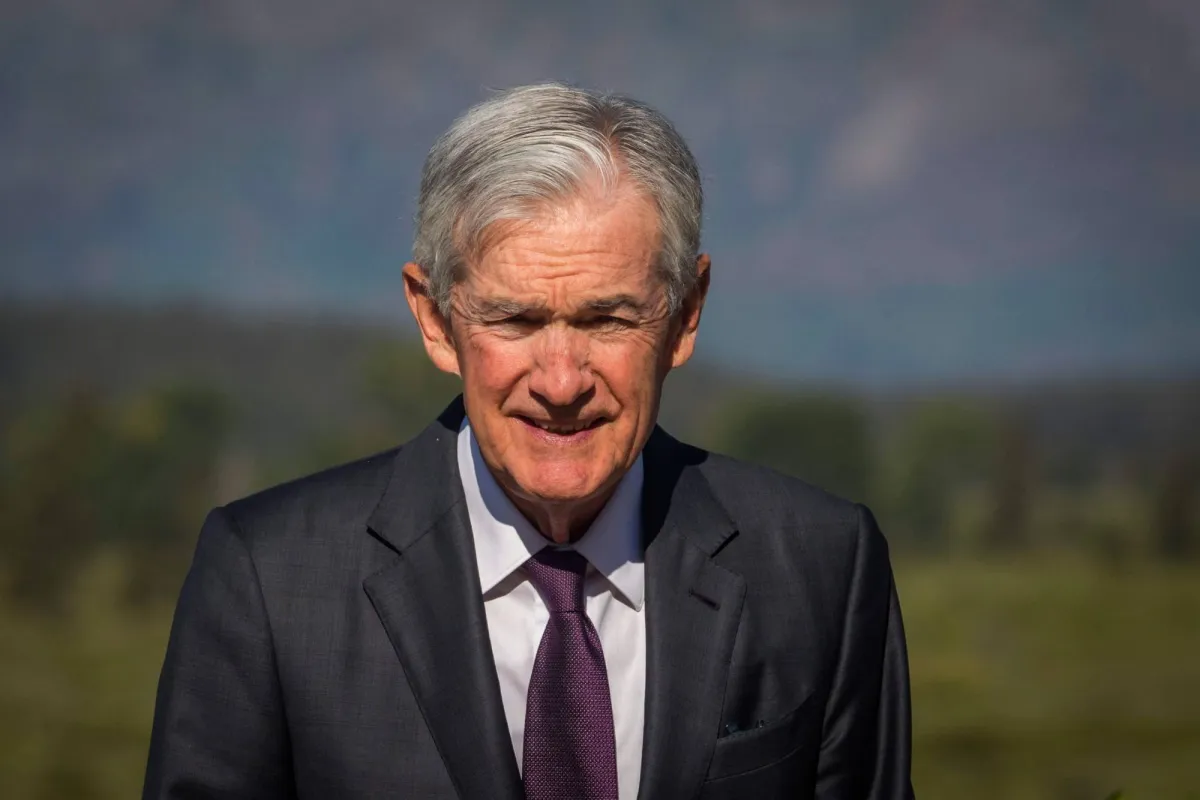What do Arab Americans love most? uys, I’ve been thinking about this question a lot because, frankly, it’s a complex and multifaceted topic. Arab Americans aren’t a homogeneous group

there are people from every Arab country, every social class, and every generation. But let me tell you what I’ve noticed from my acquaintance with many people, my reading, and my experiences.
Security and stability are the biggest concerns.
Financial security: The banking system here is stable, and the economy (despite its fluctuations) is much stronger than our country’s. One can work, save money, and plan for the future without fear of a bank going bankrupt, the currency collapsing, or the government confiscating their money.
Opportunities – A Wide Open Door
Education: American universities, especially those that are free and subsidized, have opened horizons for millions of Arabs. A peasant boy from Upper Egypt can become a doctor, engineer, or scientist. This dream was impossible in our country.
Entrepreneurship: Starting a business takes just a few days. The system is designed to help you succeed, not stand in your way like it does for us.
Freedom – An unforgettable taste
Freedom of expression: You can criticize the government, demonstrate, write, and say whatever you want without fear of imprisonment or torture. For people coming from dictatorial regimes, this is like breathing for the first time in your life.
Freedom of choice: You choose your religion, your life partner, your career path, and your lifestyle. No one imposes outdated traditions or social laws on you.
Freedom of movement: A US passport opens the world to you. You can travel to any country without complicated visa requirements or humiliation at airports.
Civil society – a civilizational achievement
Human Rights: Despite all the problems, the legal system here protects your rights. You have a lawyer, you have an independent judge, you have a justice system (not perfect, but much better than ours).
Public services: libraries, parks, emergency health services, transportation systems, infrastructure—all things that make you feel like the government is serving you, not just taking from you.
Volunteering and Charity: The volunteer culture is very strong here. People help each other without expecting anything in return, and charitable organizations operate transparently and effectively.
Diversity and acceptance
Multicultural Society: Here, you are not required to give up your identity. On the contrary, diversity is respected and appreciated. Even if racism exists (and unfortunately, it does), the law and general culture oppose it.
Integration opportunities: You can become a true American while maintaining your Arab roots. You don’t have to choose.
Technology and modernity

Infrastructure: internet, communications, transportation, smart services. All of these are advanced and make your life easier.
Loneliness and alienation: Many Arabs here suffer from loneliness and longing for home. American society is more individualistic than our collectivist societies.
Loss of identity: Especially the second and third generations, they lose the Arabic language and traditions. This is painful for many parents.
Racism: It exists and increases and decreases depending on political circumstances. Especially after September 11, Muslims and Arabs have suffered greatly.
Nostalgia and inner conflict
Patriotism: Despite everything good about America, yearning for one’s homeland remains. The smell of food, the sound of the call to prayer, the warmth of family and friends.
Guilt: Many successful Arabs here feel guilty because they “left” their country and families behind.
The New Generation – Another Story
Arab Americans born here have a different outlook. America is their homeland, but they like to know their Arab roots.
Political Activism: Arab American youth have become more politically active, particularly on Middle Eastern issues and immigrant rights.
Conclusion
Arab Americans love this country because it has given them things they could never have dreamed of in their own countries: safety, opportunity, freedom, and human dignity. But that doesn’t prevent them from maintaining their love for their homelands of origin and their pain for them.
It’s a complex relationship—love and gratitude for America, and longing and pain for the Arab homeland. Many of them dream of a day when their Arab countries will be like America—free, safe, and prosperous.



